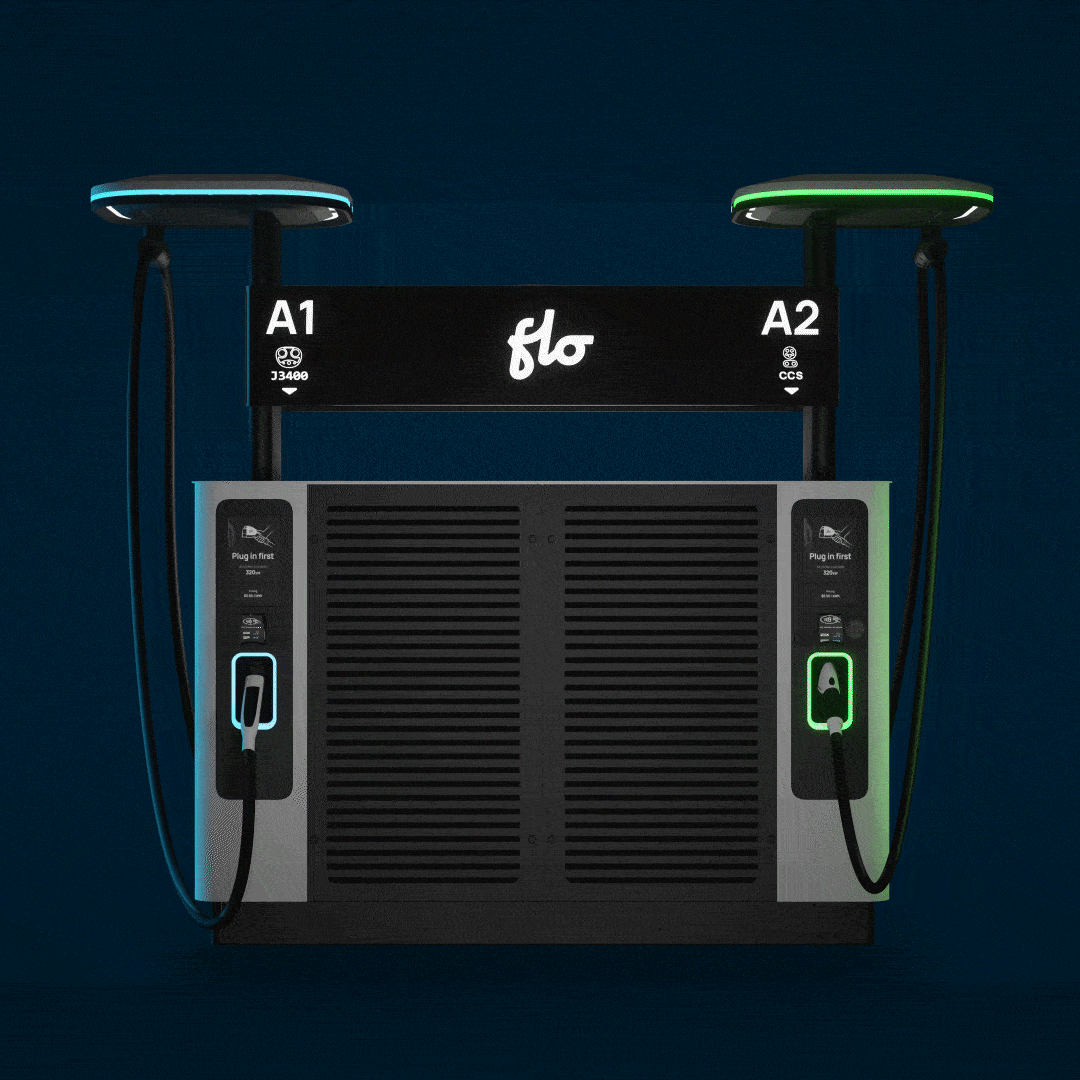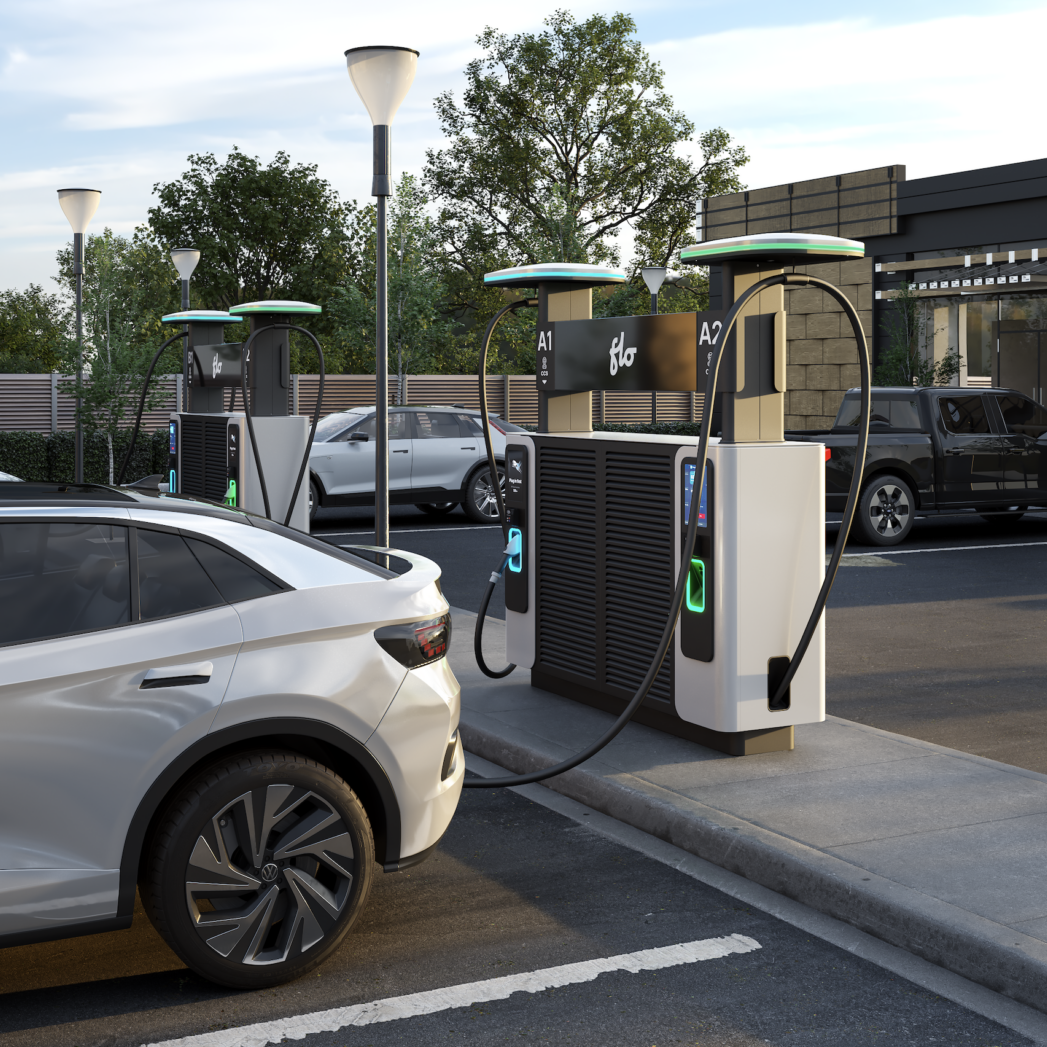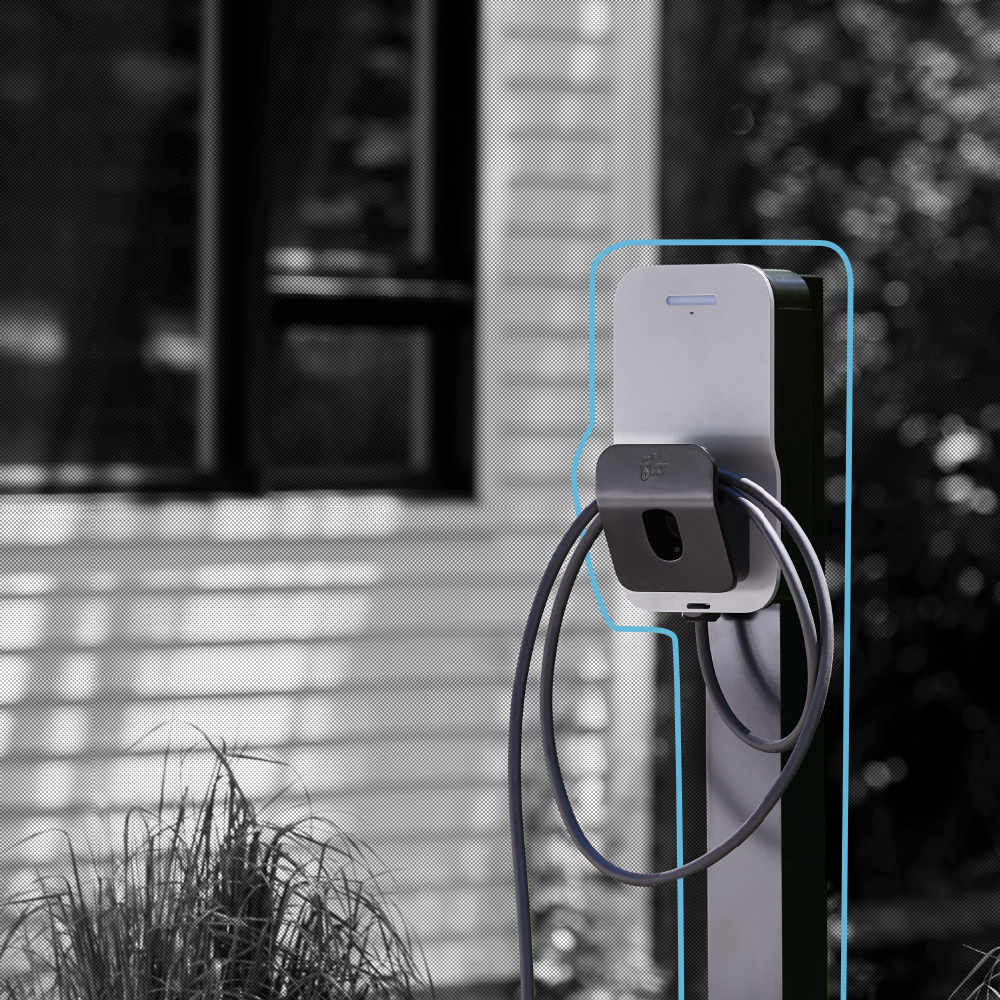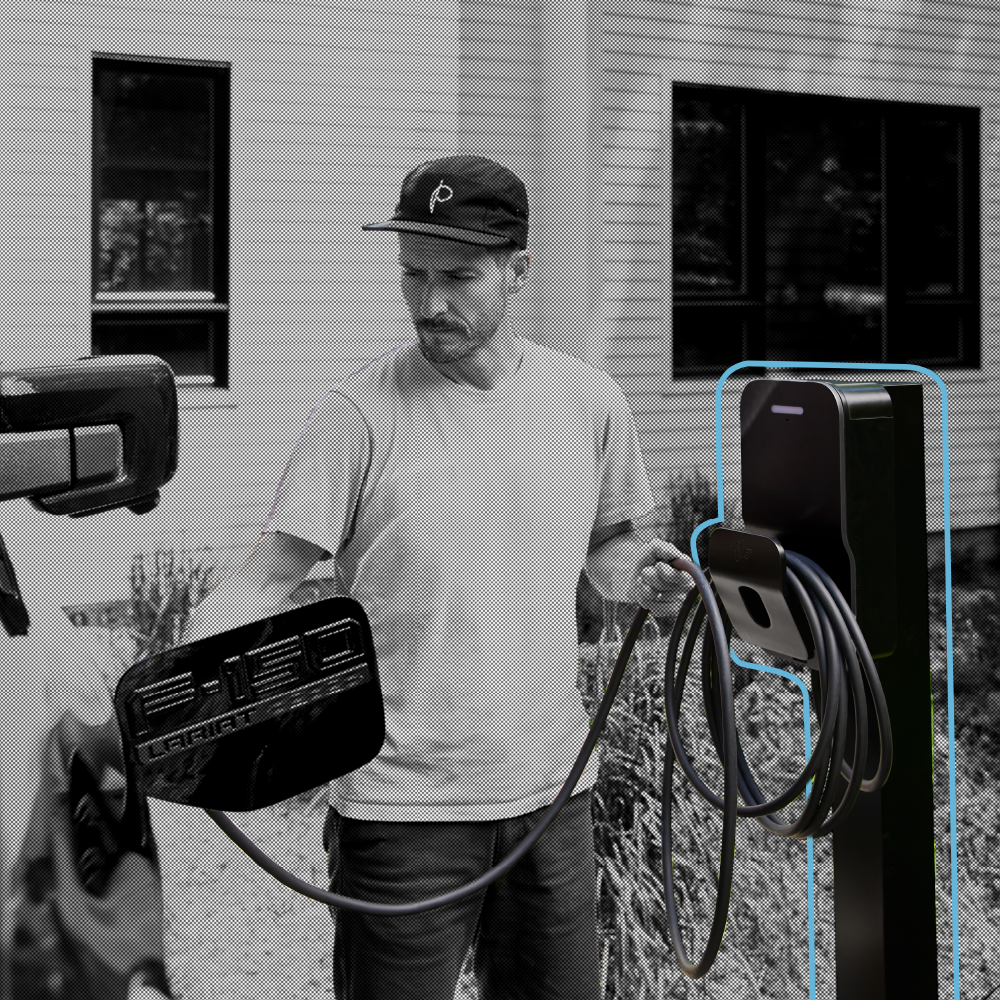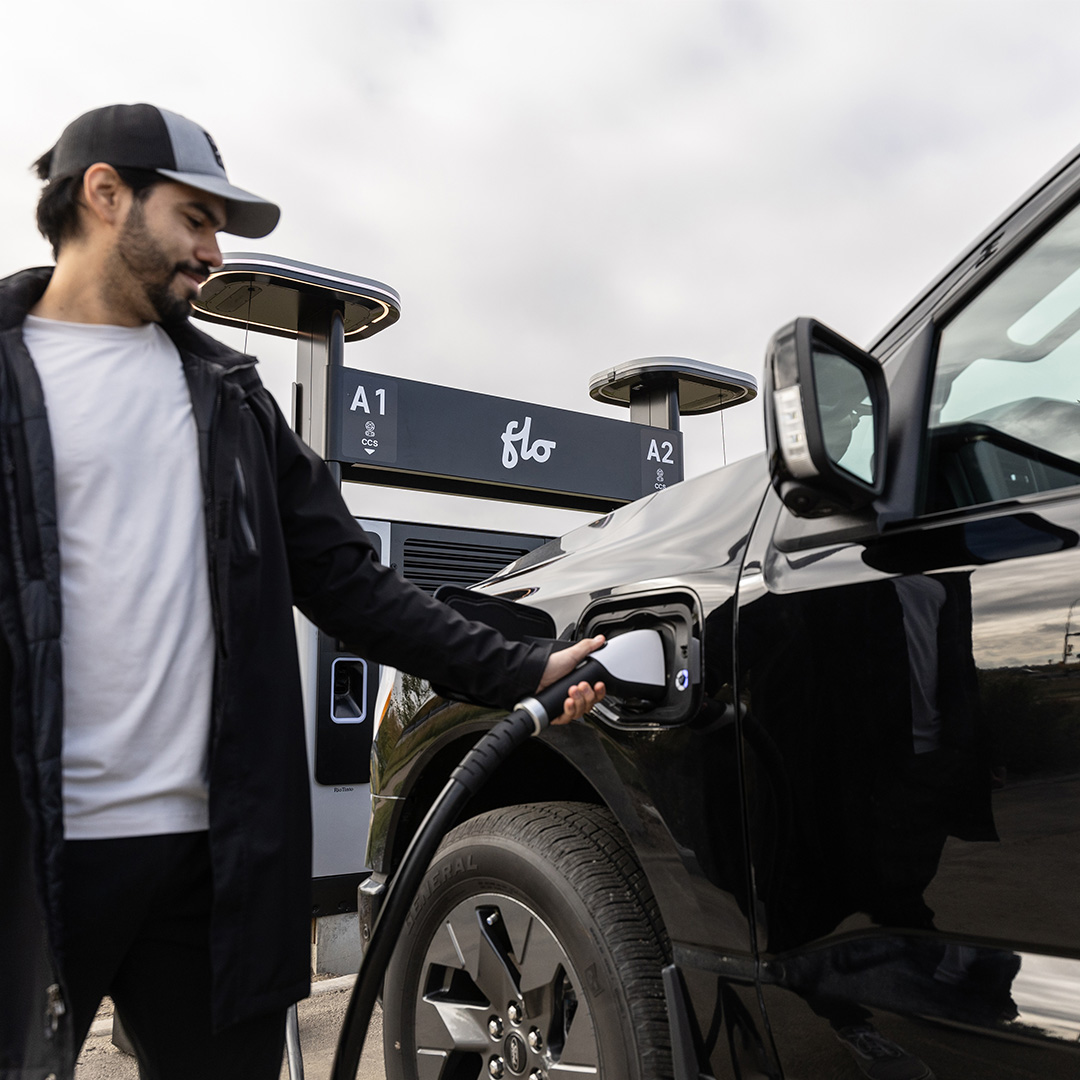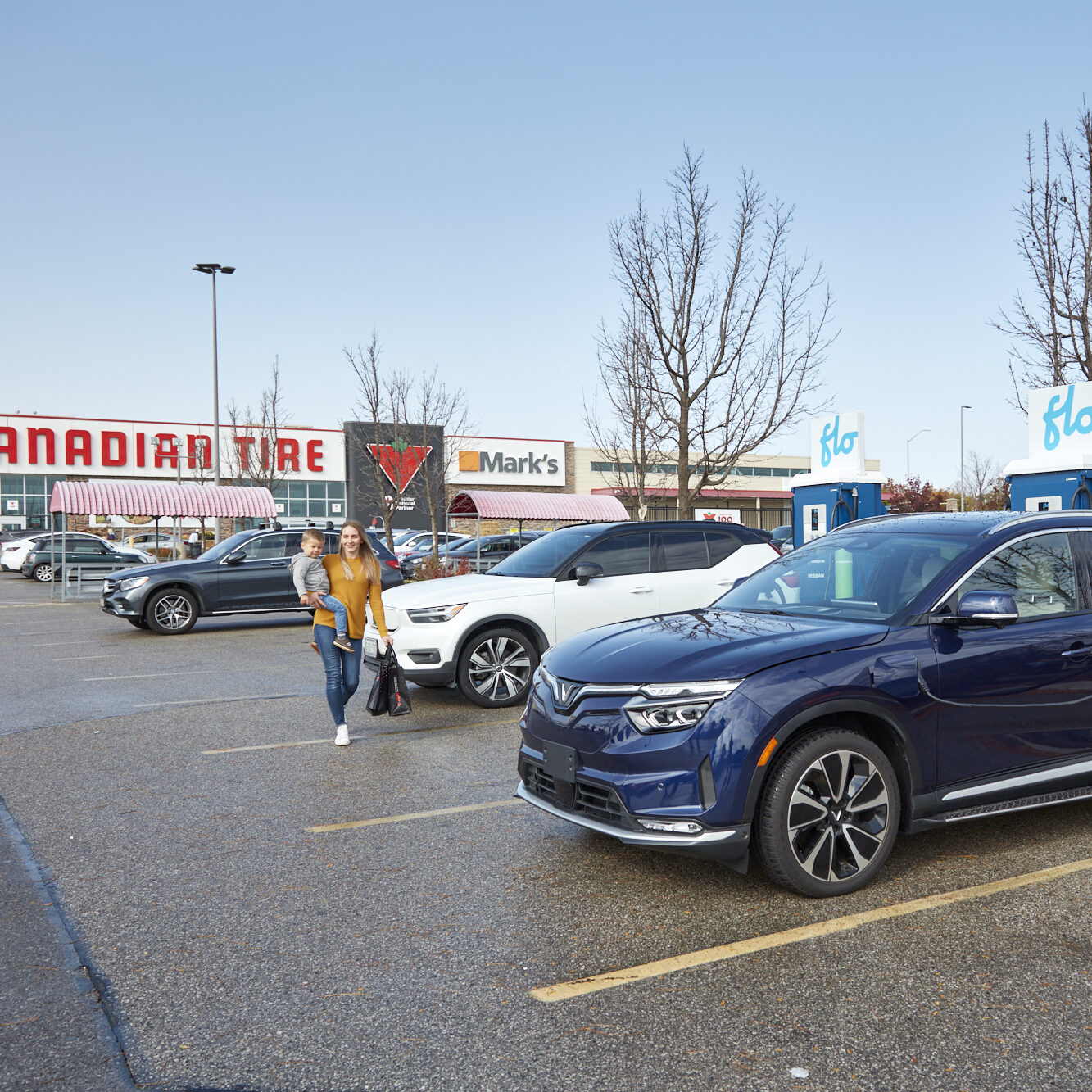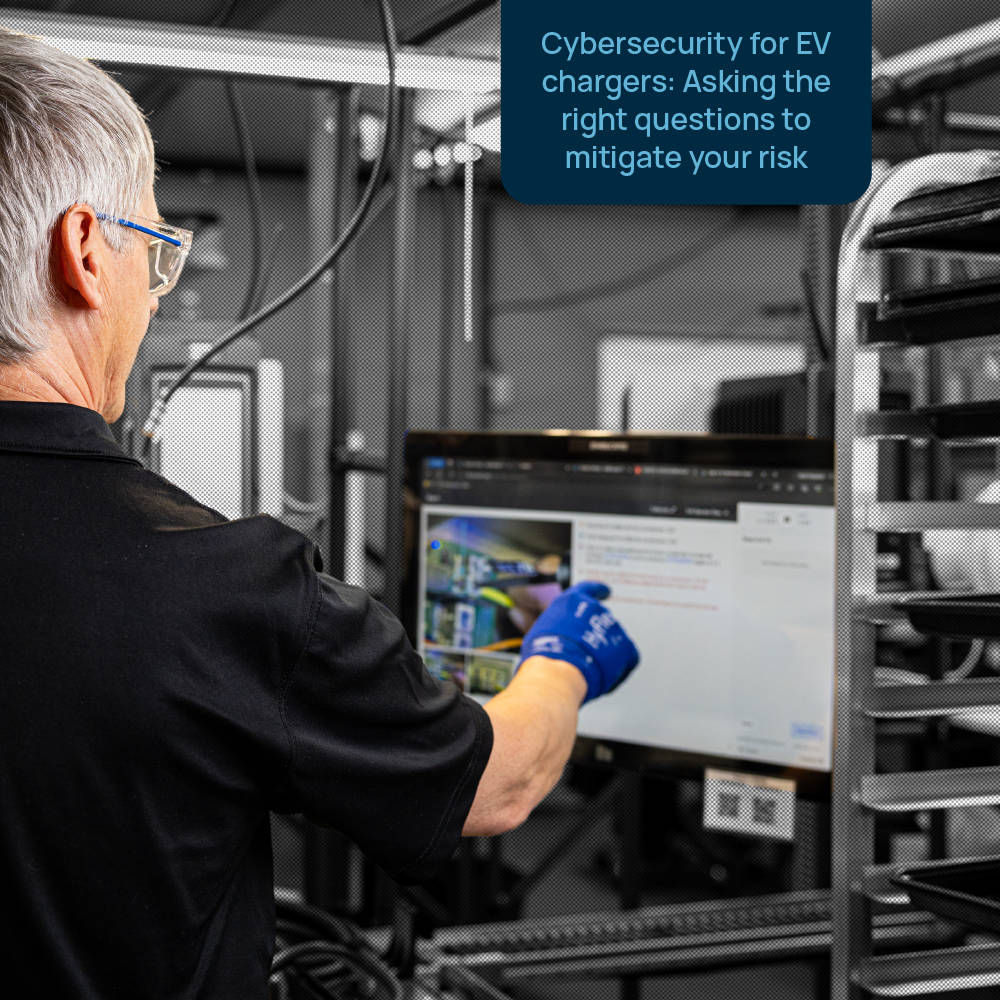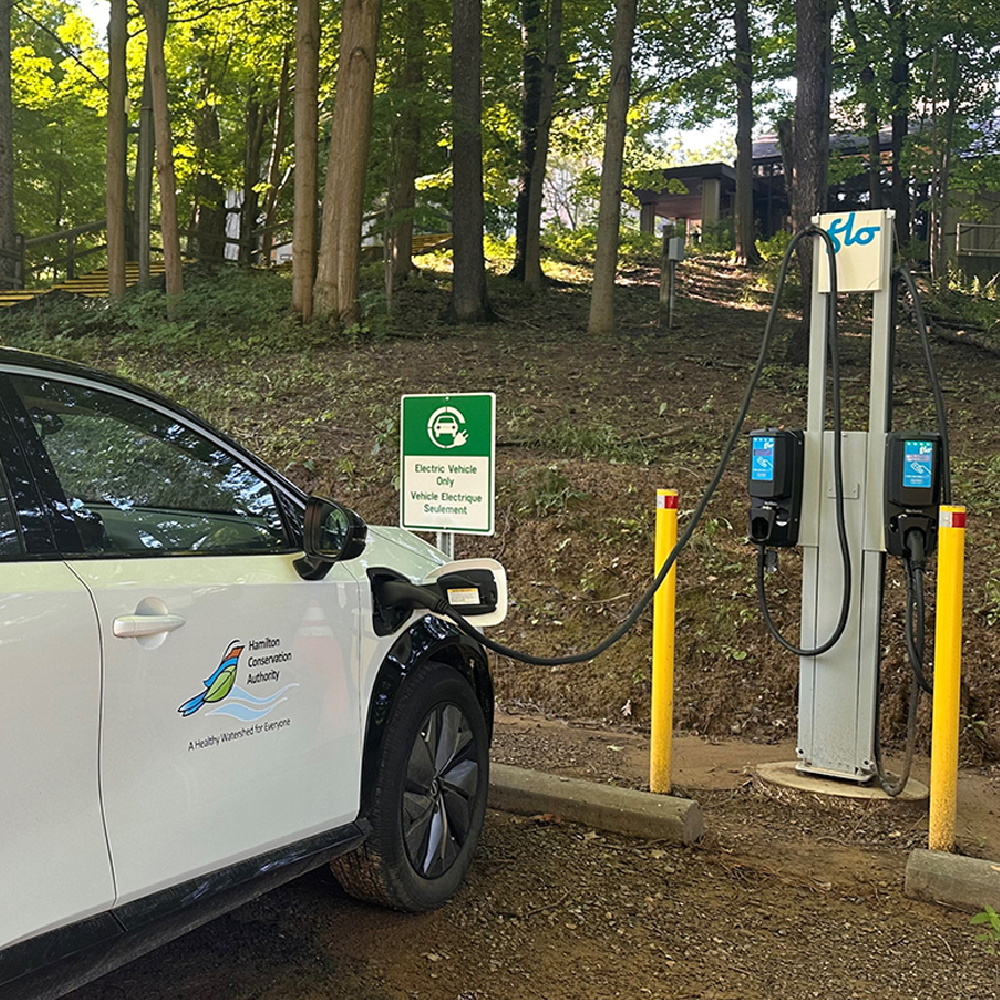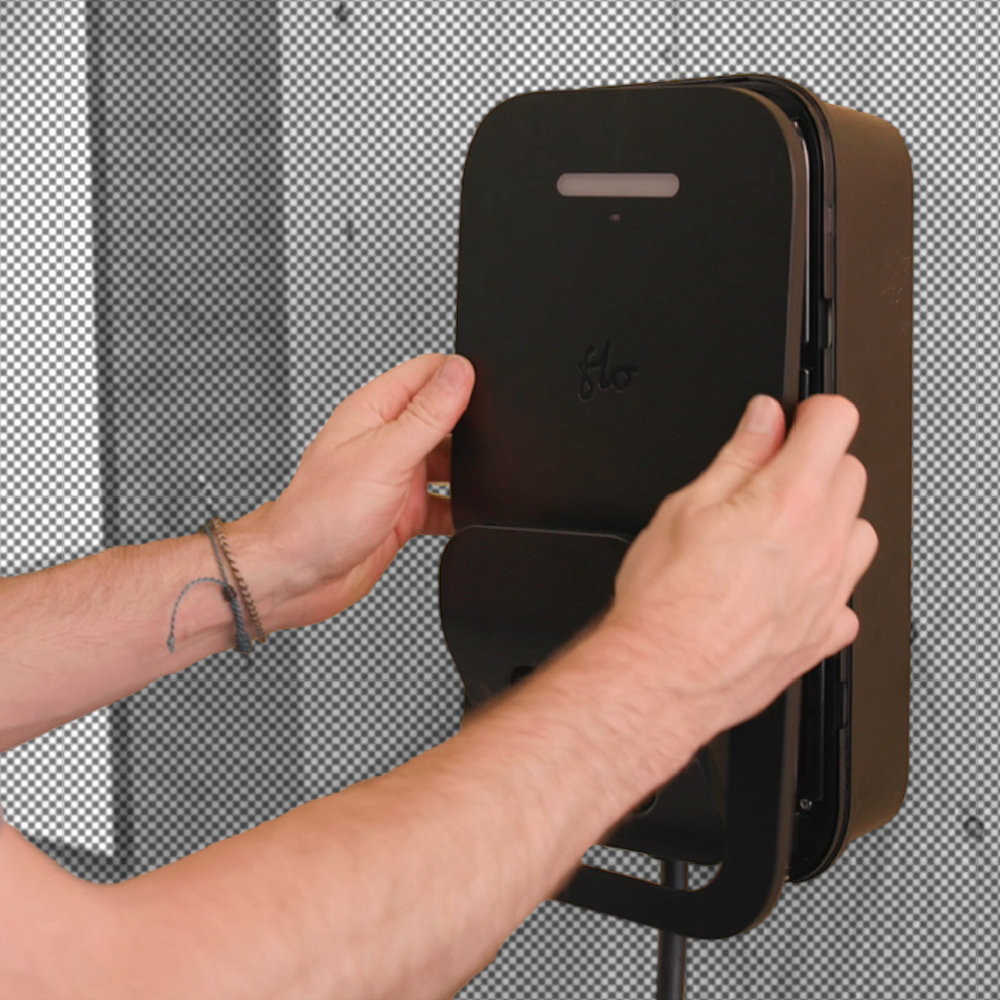Three key reasons EV charging revolutionizes the convenience store game
Deploying EV charging stations has emerged as a must-do strategy for future-forward businesses looking to stay competitive in an evolving market landscape. As electric vehicles (EVs) become increasingly prevalent on our roads, there is a significant shift in consumer behavior, presenting new opportunities for convenience store owners looking to thrive in the 21st century. Let’s jump into three key reasons EV charging revolutionizes the convenience store game.
Reason #1: Enhancing Convenience, Driving Traffic
Convenience stores, aptly named for their ability to cater to consumers’ everyday needs quickly, are increasingly becoming essential hubs for EV drivers. Strategically located with extended hours and a broad product offering, convenience stores equipped with Level 3 EV charging stations (also known as DC fast chargers) are positioned to attract a steady flow of traffic from drivers seeking to replenish their vehicle’s battery while refueling their bodies. In fact, a recent study from Boston University and the University of Wisconsin-Madison shows that a fast charger nearby can increase monthly visits by 4 percent, showing that the availability of EV charging infrastructure clearly influences consumers’ decisions on where to stop for shopping and dining. This increased foot traffic may translate directly into higher store visibility and greater opportunities for sales – and if should only increase as EV adoption climbs.
Just as convenience stores meet the needs of their local communities, so too are they poised to invigorate and increase traffic to their businesses by providing charging infrastructure for this growing segment, as our recent survey says most EV drivers rely on fast chargers for long trips.
Reason #2: Boosting Basket Size and Revenue
The relationship between EV charging and convenience stores expands beyond foot traffic, as studies have shown a revenue increase of 5% within the retail locations that install DC fast chargers. This indicates that EV drivers tend to spend more time and money at establishments with charging facilities. A report by McKinsey & Company reveals that, on average, EV drivers can spend nearly 45% more time at convenience stores compared to traditional gas vehicle (ICE) drivers. Once inside, they can spend 25% more on food.
EV charging stations serve as a magnet for increasing basket size and overall revenue. As EV drivers will usually charge for 15-40 minutes on a DC fast charger, convenience store owners have a golden opportunity to upsell and cross-sell their products. Whether it’s enticing customers with grab-and-go snacks, beverages, or even enhanced hot and healthy food options by strategically positioning high-margin products near charging stations, store owners can capitalize on the captive audience and drive incremental sales.
Read more: EV charger types: what’s the difference?
Reason #3: Attracting New Customers, Fostering Loyalty
Convenience stores with charging infrastructure may gain visibility among consumers actively seeking EV-friendly businesses. These locations are “put on the map” by EV charging applications and aggregators, such as the FLO mobile app, which help EV drivers find locations where charging is available.
For example, rideshare drivers, like those who drive for Uber, frequently make pit stops at convenience stores for snacks, coffee, and other necessities. These drivers will also benefit from the opportunity to recharge their vehicles while on the go: this symbiotic relationship between convenience stores and EV drivers highlights the evolving landscape of urban mobility and the role that convenience stores will have in transportation electrification.
Moreover, the provision of EV charging services showcases a commitment to sustainability and innovation, aligning with the values of modern consumers. An IDC 2022 study found that 70% of customers rate “Social Sustainability” as a very or extremely important business priority. Businesses perceived as environmentally responsible enjoy enhanced brand reputation and customer loyalty, which becomes vital as “more than 45% of consumers basing their decisions about doing business with a retailer based on their sustainability record”.
By embracing EV charging, convenience store owners not only attract EV drivers but also appeal to a broader demographic of environmentally conscious consumers. This expanded customer base fosters long-term loyalty and strengthens the store’s position within the community.
Read more: The win-win benefits of EV charging for business
Maintaining convenience: Parking space, reliability and ROI
Convenience store owners pride themselves on “convenience” and want to ensure that reliability is there, parking remains available, and that the ROI makes sense. By installing fast chargers, adopting smart design solutions and optimizing available space, convenience store owners can be confident in their decision to future-proof their business.
Our FLO Ultra charger is a good example as it offers fast and versatile Level 3 charging that can charge most EVs to 80% in as fast as 15 minutes – long enough for a customer to grab a coffee and a snack, and quick enough for the turn-over that you need. Two high-powered charging ports can be configured multiple ways to ensure an efficient use of parking.
“FLO Ultra’s flexible and modular design accommodates charging on one or on both sides and parallel or pull-in parking for charging,” explains Nathan Yang, Chief Product Officer.
EV charging is a passive offering – unlike gas pumps, they can operate without being staffed and earn income “while you sleep”. Plus, with 24/7 instant bilingual driver support offered by FLO, convenience store owners can focus on serving customers in store while ensuring smooth charging operations outside.
Furthermore, working with a vendor with a strong history of “uptime” – the EV industry standard on charger reliability – is key to a successful implementation. FLO leads the industry with 98%+ network uptime and has recently been featured in a CBC Marketplace investigation where FLO chargers performed 100% of the time.
Beyond direct revenue from charging sessions, convenience store owners may benefit from increased store traffic, higher sales volumes, and enhanced brand perception. When viewed through the lens of long-term profitability, the integration of EV charging becomes a strategic investment in the store’s future success.
EV Charging – more than a convenience
EV charging is more than just a convenience—it’s a catalyst for growth and prosperity in the convenience store industry. By embracing this transformative technology, store owners can unlock a myriad of benefits, including potential increased foot traffic, higher basket sizes, and enhanced brand loyalty.
At FLO, we stand at the forefront of the EV charging revolution, empowering convenience store owners with innovative solutions to navigate the evolving landscape. With our expertise and commitment to sustainability, we help businesses harness the power of EV charging to drive profits and lead the way towards a more sustainable future.
References:
Babar and Burtch, “Recharging Retail: Estimating Consumer Demand Spillovers from Electric Vehicle Charging Stations,” Boston University Questrom School of Business Research Paper No. 4235748, September 20, 2023, https://papers.ssrn.com/sol3/papers.cfm?abstract_id=4235748#
IDC Spotlight Making the Business Case for EV Charging (flo.com)
FINAL– EV charging report – copyedit.docx (consumerreports.org)

